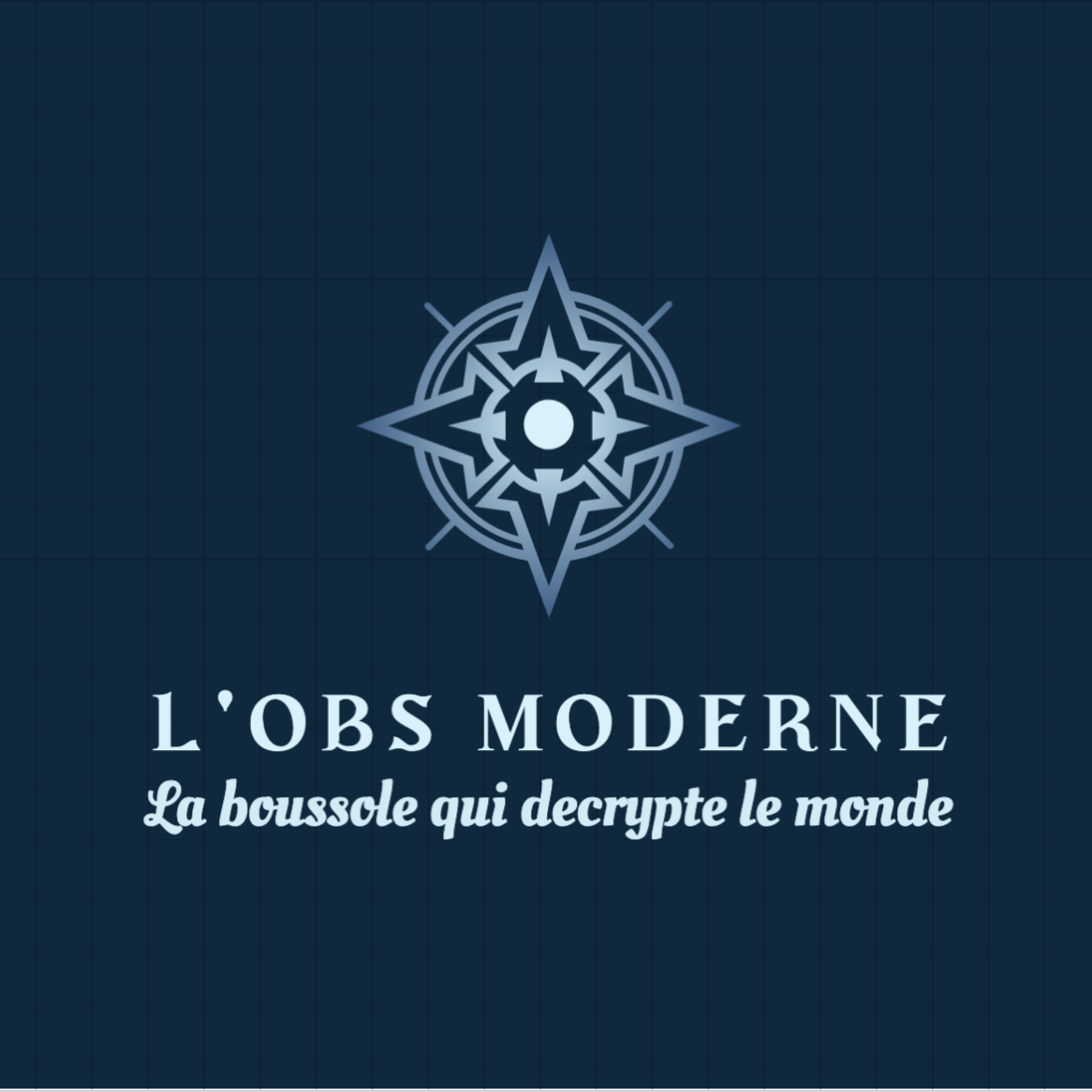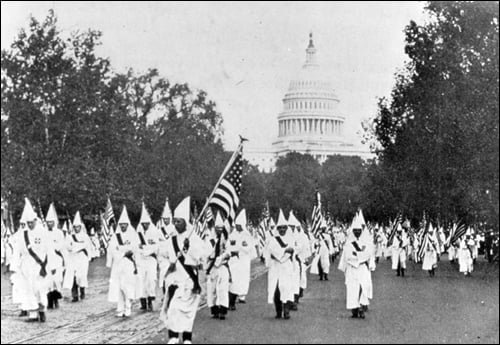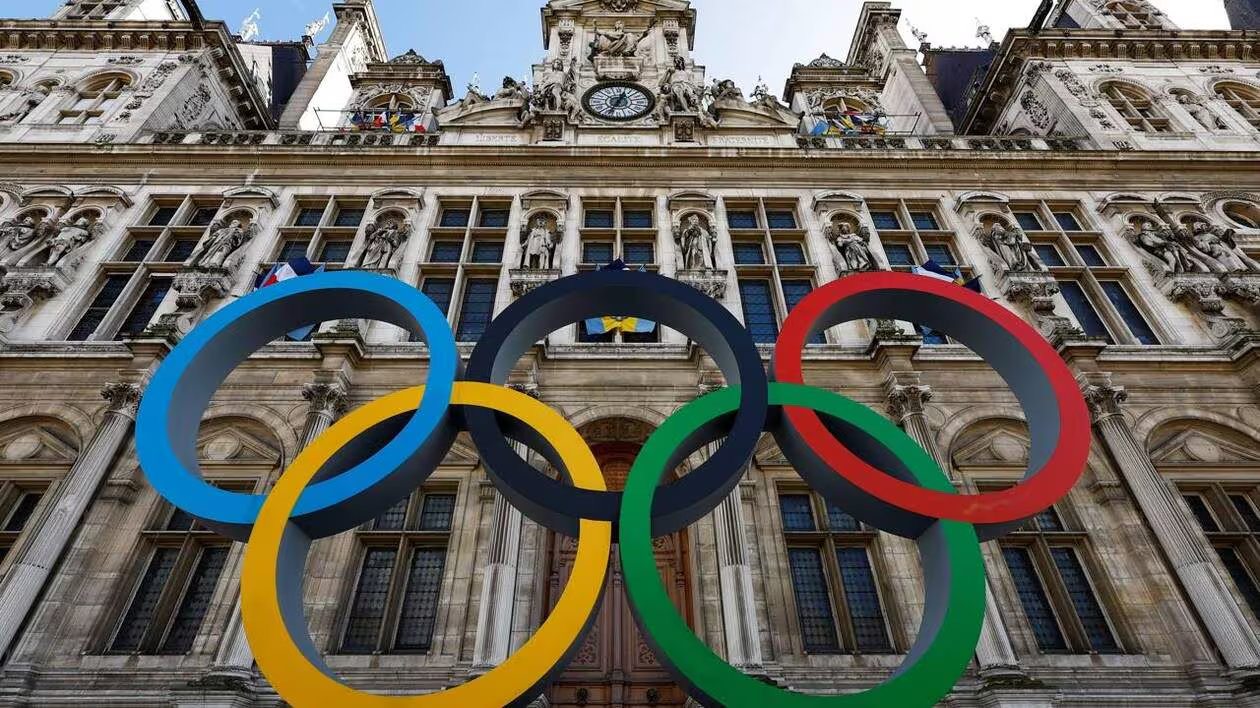With the Barnier government having resigned after a motion of censure was passed against it, all political sides are presenting themselves as the one and only alternative. But what's the point?
The downgrading of historical political parties:
Since 2012 and the last direct confrontation between the PS and Les Républicains (the UMP at the time), the French political landscape has changed a lot. Mastodons of the French political world, these two parties have since collapsed.

The Socialist Party, once a major figure of the French left, is now only a shadow of its former self. Heir to Léon Blum and François Mitterrand, this historic party has lost its direction, its ambition and, above all, its voice. Its rallying to La France Insoumise during the last legislative elections illustrates this decline. Despite past criticism from LFI, Olivier Faure agreed to bow to Jean-Luc Mélenchon's demands, reducing the PS to a secondary role. Ms. Hidalgo's score in the 2022 presidential election, limited to 1.7 %, is symptomatic of this fall. This figure, beyond the humiliation, testifies to a party in disarray, incapable of reinventing itself or rallying its traditional electorate.

The Republicans, for their part, are also facing a deep crisis today, similar to that of the Socialist Party. While the fall is not as brutal as that of the PS, it remains significant, particularly with regard to their credibility. After all, how can we take seriously a political party whose former president, just a few months ago, locked himself away in his offices, ostentatiously ignoring his own colleagues? In addition, repeated scandals, whether the Fillon or Sarkozy affairs, have also undermined its credibility. Added to this is a flight of its figures to the ranks of Emmanuel Macron or Marine Le Pen, a sign of a loss of ideological bearings. Even the attempt at renewal by changing its name from the UMP to "Les Républicains" was not enough to rekindle an extinguished flame. Valérie Pécresse's historically low score in the 2022 presidential election, barely 4.8 %, also embodies this decline. The Republicans are now nothing more than a vestige of a once dominant right, incapable of reinventing itself in the face of the political upheavals of recent years.

A sick government:
The party of the President of the Republic, long presented as a bulwark against the extremes, is now crumbling under the weight of its own contradictions. Emmanuel Macron, despite his promises of transformation and his ambitious speeches, now sees the country in the grip of a deep economic and social crisis. This mandate, supposed to stem the rise of the extremes, seems instead to have accelerated it.

France is currently navigating in troubled waters. After seven years in office, the French are still struggling to clearly define the political orientation of the president and his party: is he left-wing or right-wing? This ambiguity, far from being an asset, has reinforced the feeling of abandonment and disenchantment among a large part of the French. In addition, Emmanuel Macron's political machinery, between unfulfilled promises, contested reforms and alliances with the extremes, has contributed to dragging France into these troubled waters.
The assessment is thus clear: the rise of the extremes has never been so strong, and the projections for 2027 suggest a historic shift. Macron, who wanted to be the alternative to traditional parties and the extremes, paved the way for what he was fighting. The mandate of Emmanuel Macron and his governments, far from pacifying public debate, have thus sown the seeds of profound political chaos, leaving a nation fractured in the face of the inexorable rise of the extremes.
The emergence of extremes:
This chaos has allowed the extremes to take on unprecedented importance in the French political landscape.
La France Insoumise (LFI), for starters, has profoundly shaken up the French political scene by becoming the dominant force on the left thanks to the Popular Front. However, during the last legislative elections, LFI almost claimed sole victory, implying that the triumph belonged solely to its party, greatly minimizing the role of the other members of the coalition, such as the Socialist Party or Europe Écologie Les Verts.
But beyond these demands, LFI deliberately targets a specific electorate, which it flatters while cultivating a feeling of exclusion. By insisting on the idea that the rest of France does not like them or would be racist towards them, the party itself contributes to reinforcing the divisions that it claims to denounce. Reinforcing this feeling of non-belonging among minorities for the simple purpose of obtaining votes is worrying, even hypocritical. Worse still, LFI seems to use these voters as a political springboard, while proposing solutions that lack coherence. The party constantly gets bogged down in contradictions that weaken its positions. It can, for example, openly defend the idea that Muslim women in France should be able to wear the veil without constraint, while displaying itself against the compulsory wearing of the veil for women in Iran. Another example is that of Jean-Luc Mélenchon, who at one time agreed with certain ideas of Éric Zemmour, asserting that the latter was not a racist but a brilliant intellectual.

LFI also has controversial members in its ranks. Whether it is Louis Boyard almost proudly admitting to having sold drugs, Antoine Léaument reducing the birth of France to 1792, or Mathilde Panot comparing herself to Léon Blum without understanding this historical legacy, this shows that the party seems more concerned with provocation than with building a real project of national unity.

The National Rally (RN), like La France Insoumise, also thrives on polarization and chaos, but on the opposite trajectory. In recent years, the RN has become, in the eyes of many, the only political alternative in France. Thanks to skillful communication, it has managed to persuade a section of the French that it represents their only salvation. Faced with this situation, what would Jacques Chirac say, he who warned the French never to give in to the temptation of the extremes? Today, the RN is described by some as a simple conservative right, abandoning the far-right label. However, the RN, like LFI, draws its strength from the divisions it exacerbates and the fear it instills. The party, through its speeches and actions, segments the French according to their supposed “purity”. The RN, just like Reconquête in its more extreme version, has perverted the idea of patriotism. It is a patriotism that excludes, that rejects, and that pushes certain French people to question their belonging to the nation because they have darker skin or parents born elsewhere.

The party also has controversial members in its ranks. In November 2022, RN MP Grégoire de Fournas was accused of racist remarks during a debate in the National Assembly on the reception of migrants after shouting "Let him go back to Africa" when a black MP was speaking. Another example is that of Marine Le Pen herself who, in 2017, rekindled an old controversy by claiming that France was "not responsible" for the Vel d'Hiv roundup in 1942, which led to the deportation of more than 12,000 people. Added to this is the party's political recovery in hot-button issues. During the attack on the Loupian nursery in 2023, the parents of one of the children who died declared in a letter to the media that they refused to allow their child's name to be used to divide the French or stigmatize a community in the face of the RN's political recovery.
To conclude:
This overview of political parties is not intended to divide. It only proves that politicians, who spend their time yelling at each other in the chamber, are perhaps not up to par. Supposed to bring us together, they have divided us. Today, we no longer know whether they are truly defending the interests of France or their own. The observation is as follows: 78,% of French people think that they do not represent them. They all say they are fighting for the interests of France and yet, they all seem to have forgotten their duties. Everyone speaks for the sake of it today, and few know how to speak when necessary. The idea of seeing them debate without yelling at each other in the National Assembly has become utopian. We now see it even during televised debates, where respect has become a very rare virtue. The idea of a unified France is perhaps no longer the case either.
Yet it is in communion that France has created its history, whether on the battlefield or in its revolutions. It is in communion that France has hosted historic moments such as the Universal Exhibition of 1889 or the Olympic Games last summer. It is in communion that the ideas of the Enlightenment were heard and that human rights were born. It is clear that there is no longer any communion in France and that our politicians are all largely responsible for this.
On the left as on the right, our politicians, whether they call themselves reformers or conservatives, seem to be nothing more than sophists using the siren song. France, this old country full of history, which has gone through revolutions, wars and crises, finds itself today hostage to a tragic political theater. Hungry for power, they have made personal interest their only compass, sowing discord and convincing us that we are enemies of one another. The France of ideals and Enlightenment thus finds itself divided, manipulated, forgetting with its people that it is greater than the ambitions of these illusionists.

RELATED POSTS
View all




